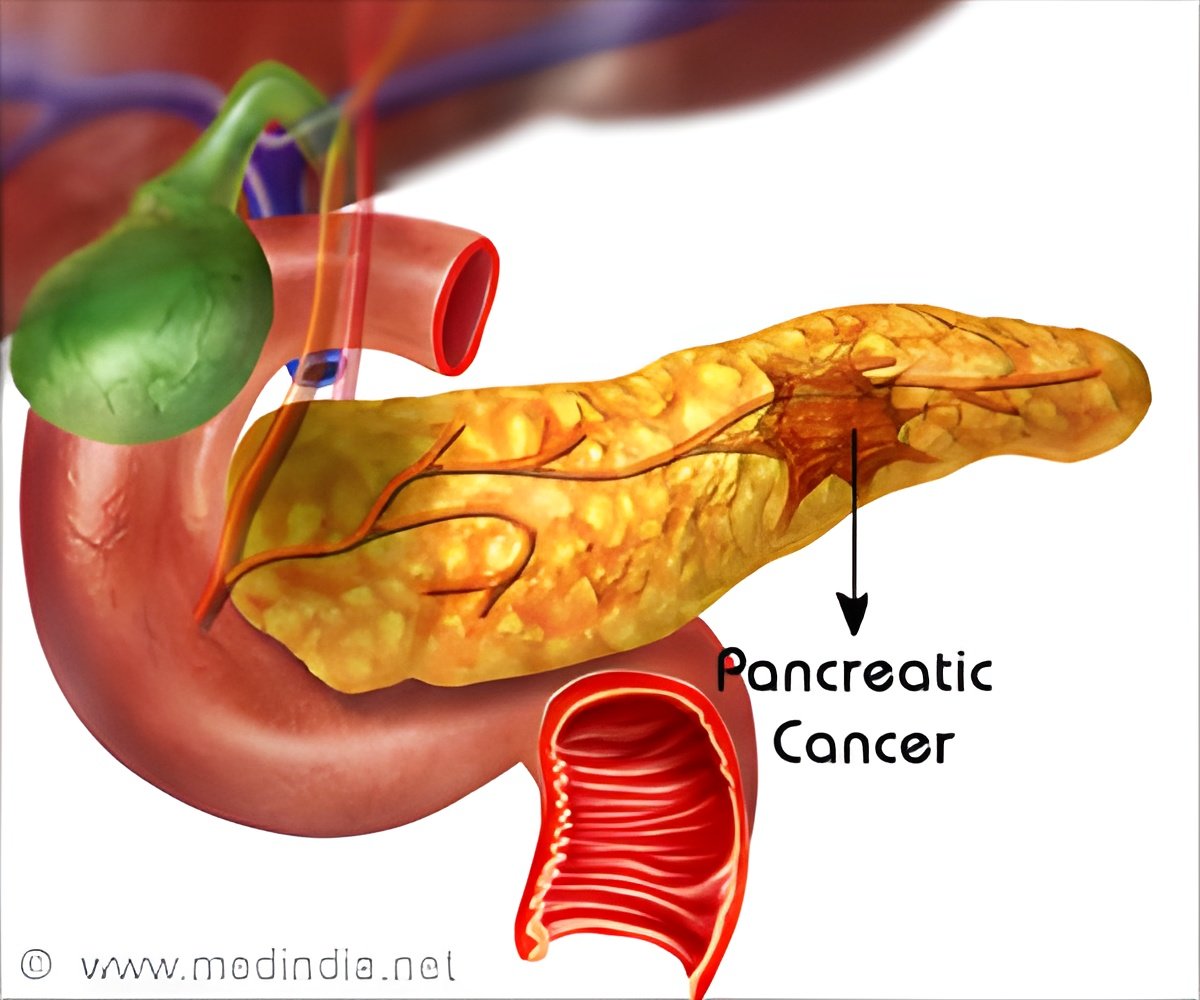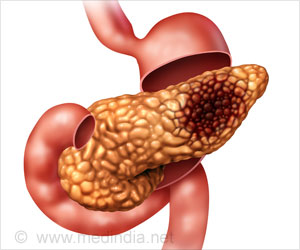
‘Alteration of more than three genes out of these four (KRAS, CDKN2A, SMAD4, and TP53) in pancreatic cancer patients can worsen disease-free survival than those patients with a single or two altered genes.’
Tweet it Now
One key difference in this study is the relatively large size: it involved 356 patients who all had pancreatic adenocarcinoma that could be surgically removed.Adenocarcinoma is by far the most common type of pancreas tumor.
About 90 of the patients were treated at the University of Rochester Medical Center's Wilmot Cancer Institute; the others at Dana Farber/Brigham and Women's Cancer Center in Boston and Stanford Cancer Institute.
In all cases after the tumors were removed, scientists extracted DNA from the cancerous tissue and nearby normal tissue, and conducted next-generation DNA sequencing on the specimens.
The analysis centered on the activity of the KRAS, CDKN2A, SMAD4, and TP53 genes. Results showed that patients who had three or four of the altered genes had worse disease-free survival (the time between surgery and when the cancer returns), and overall survival (from surgery to death), compared to patients with a single or two altered genes.
Advertisement
"The research helps us to understand how the molecular features of pancreatic cancer impact prognosis on an individual level and gives us more facts to guide patients, and importantly, to design future research studies," said study co-author Aram Hezel, M.D., a gastrointestinal cancer expert and chief of the Division of Hematology/Oncology at Wilmot.
Advertisement
Patients who can undergo surgery as part of treatment often survive longer and some patients fare best when they can receive chemotherapy prior to surgery.
But having customized, molecular information will provide an even greater understanding of how the disease is likely to progress in each patient, Hezel said.
The team of investigators from Wilmot, Dana Farber and Stanford are continuing to collaborate and recently published in the British Journal of Cancer, showing that an accurate classification of pancreatic cancer's spread to the lymph nodes is also an effective tool to predict disease survival in surgery-eligible patients.
Source-Eurekalert














